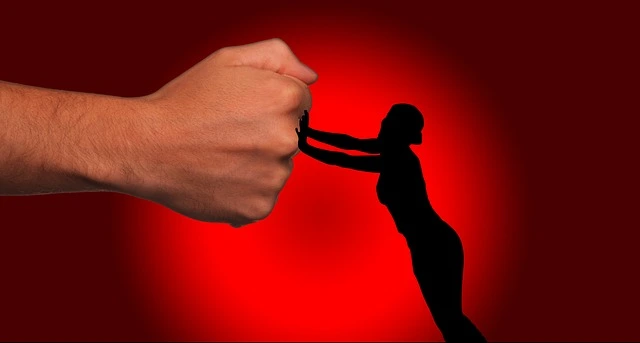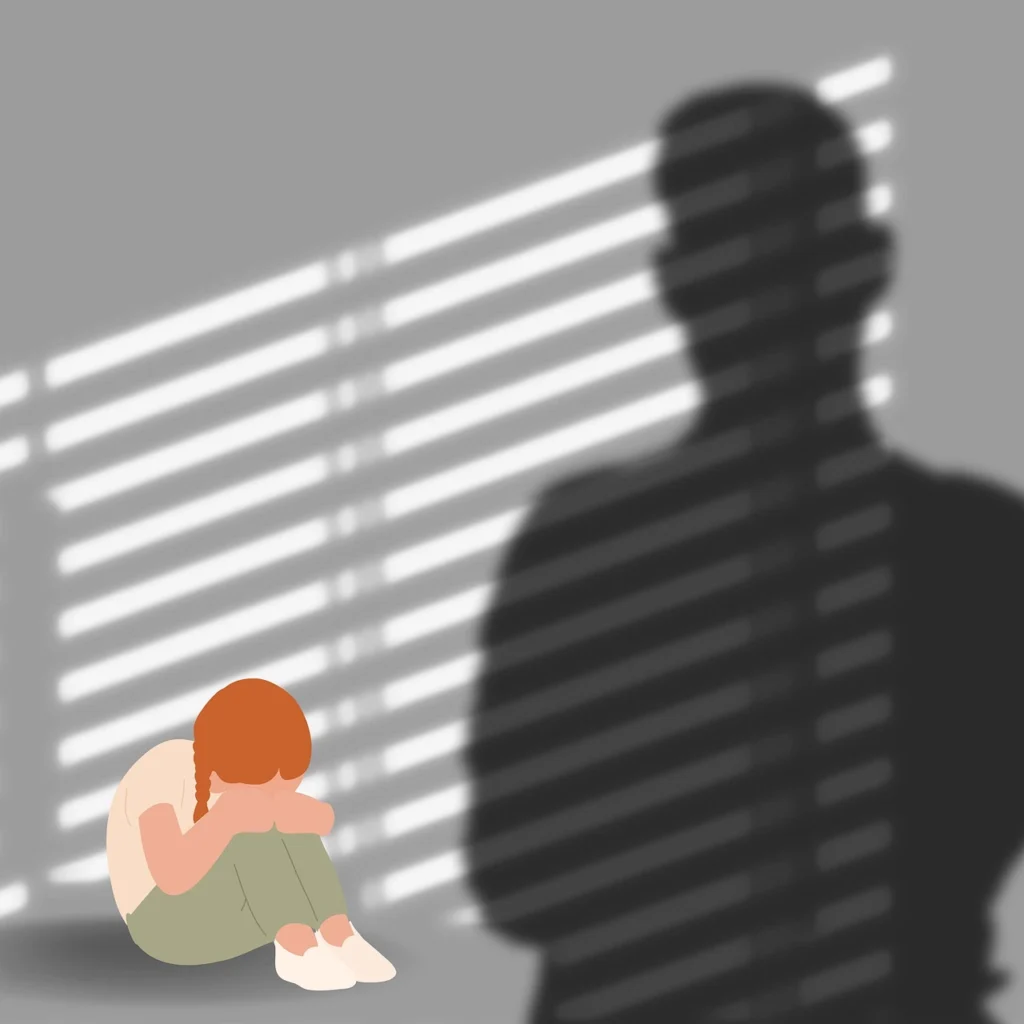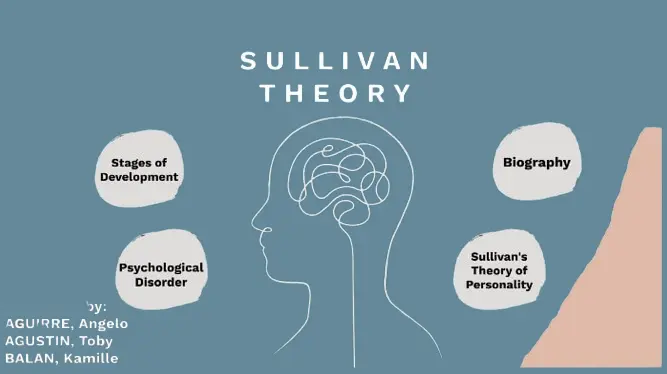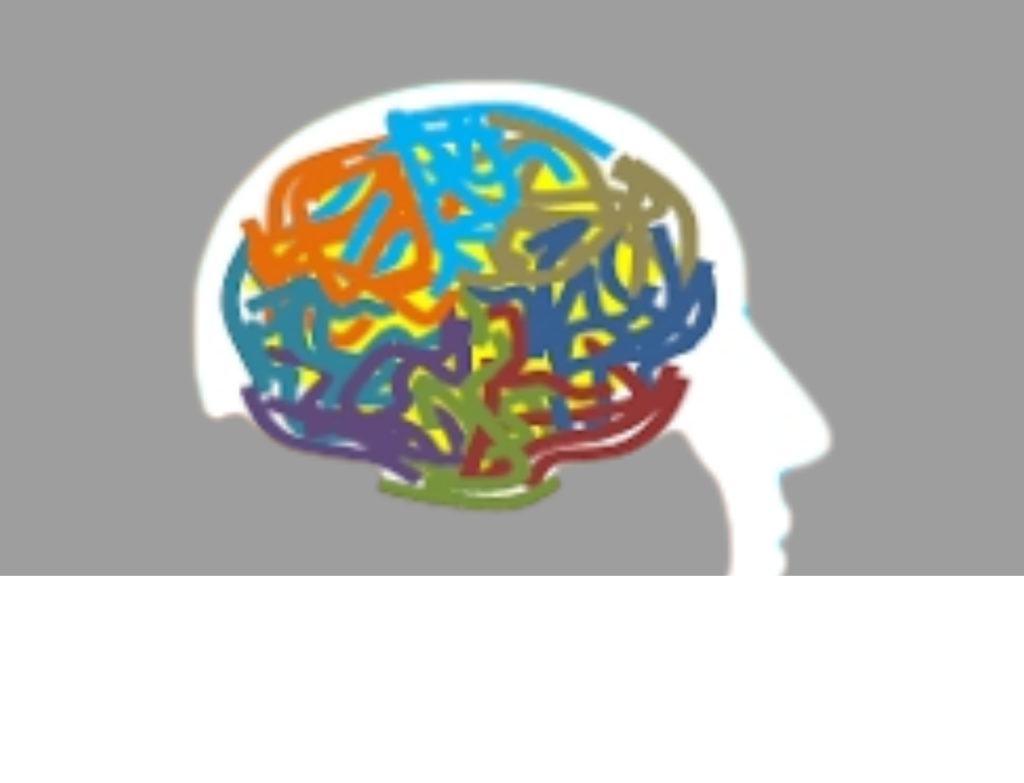When someone continuously tries to manipulate their partner by abusing them physically, sexually, or emotionally, it’s known as domestic violence. Domestic violence is described as “a pattern of abusive behavior in any relationship that is used by one partner to gain or maintain control over another intimate partner” by the US Department of Justice.
Domestic violence
A pattern of behavior in any relationship that is used to obtain or keep control over an intimate partner is known as domestic abuse, sometimes known as “domestic violence” or “intimate partner violence.” Abuse can take the form of threats or acts that are physical, sexual, emotional, financial, or psychological and are intended to affect another person.

This covers all actions that terrify, threaten, manipulate, cause pain or embarrassment, or damage or wound someone. Any ethnicity, age, sexual orientation, religion, or gender can experience domestic abuse. It can happen in many different kinds of partnerships, such as marriage, cohabitation, or dating. People from all educational and socioeconomic backgrounds are impacted by domestic abuse.
Types of domestic violence
In situations where a romantic or intimate partner or spouse utilizes controlling or violent conduct to exert control over a partner, whether physically, sexually, or psychologically, it is referred to as domestic abuse, also known as intimate partner abuse.
For many victims of abuse, the abuse may start out slowly. Because of this, it could occasionally be challenging to identify abusive behaviors, particularly when the abuse is first starting.
When abusers commit acts of domestic violence, control is almost always their ultimate purpose. Abusive husbands and partners can be trying to control you so they can feel in control.
There are many different types of domestic violence, but these are some prevalent ones:
Sexual:
Pressuring you to take part in non-consensual actions such as rape and sexual assault, dehumanizing acts, adultery, or exploitation.
Physical
Any actions that cause you bodily harm, including assault and other violent crimes as well as depriving you of necessities like food, shelter, or sleep.

Solitude.
Keeping you from going to social gatherings or visiting family and friends.
Control
Removing your freedom by preventing you from making your own decisions, constantly monitoring you, imposing your style or look preferences, or using your kids as a bargaining chip.
Emotional
Brainwashing is when someone targets your weaknesses or insecurities.
Verbal
Screaming and losing control of your temper; using words to intimidate, accuse, or denigrate you.
Privilege of men
Following societal norms that dictate men’s superiority over women.
Financial.
Your spouse controls all of your income and expenses, or wastes money.
Signs of domestic violence
Because domestic abuse can take many forms and be subtle, you might not be certain that what you’re going through is abuse.
Domestic abuse is not limited to acts of physical aggression. Behaviours that are domineering or controlling, even when they don’t result in physical injury, might be classified as domestic abuse.
Signs of financial violence
- Your partner is the owner of all the money.
- Legal documents are issued in your name without your consent.
- You receive an allowance that isn’t self-imposed and is frequently arbitrary.
- You are not permitted to work or earn money.
Indices of mistreatment by sexual partners:
- Sexual acts and/or sex work are imposed upon you.
- You suffer injuries during sexual contact or are sexually assaulted;
- Birth control is either denied to you or administered against your will.

Signs of physical abuse
- There is unwanted rough play.
- Partner aggression is aimed against items, kids, or pets that hold special meaning for you.
- You are penalized for driving carelessly and intentionally.
- You’re coerced or under duress into using drugs against your will.
- Your spouse refuses to eat, drink, or go to sleep.
- You feel trapped or restrained by your relationship.
Signs of emotional abuse
- The spouse minimizes or rejects your convictions.
- Your spouse doesn’t express gratitude or compliments.
- Your significant other is very envious.
- They keep accusing you of being unfaithful.
- To get you to collaborate, your spouse hurts themselves or threatens to do so.
- You feel that you should have been penalized because of your relationship.
Causes of domestic violence
There is no one source of domestic violence; instead, it can take many different forms and be individualized.
It’s critical to keep in mind that domestic violence is a decision rather than an uncontrollable emotion. Abuse cannot be caused by a survivor’s acts.
You are never at fault if you are a victim of domestic abuse. Regardless of what an abuser may say, you cannot “make” someone abuse you.
An abusive partner’s drive to dominate you will probably eventually come through in their conduct, even if you try everything to win them over.
Abuse by intimate partners can occasionally be impacted by other factors, such as your own behavioral health. For instance, if you and your spouse have a history of domestic abuse, things could quickly get out of control.
Several distinct reasons, such as the following, may be connected to the demand for control that may result in domestic violence:
- less opportunities for education
- personality disorders
- drug abuse
- cultural perspectives
- theories around gender
- low regard for oneself
- Having trouble controlling your rage and feeling insecure
But, exhibiting some of these characteristics does not guarantee that a person would experience an unfulfilled need for control that turns into domestic abuse.
Power and control
A partner’s behavior pattern intended to obtain or retain control and power over another partner distinguishes domestic violence from other forms of violence. These behavioral strategies are typically employed by abusers to maintain their spouse in the relationship.

Abuse typically begins slowly and quietly and might eventually become persistent. These subtle practices result in physical, sexual, or psychological aggression when it comes to domestic abuse.
Subtle behaviors like as financial or emotional abuse may be utilized to reinforce violence even when domestic abuse reaches a higher level by further subduing the abused partner and making them easier to manage.
Your partner may be engaging in escalated domestic abuse if you observe that their actions are more directed toward controlling or manipulating you.




Pingback: Sexual Abuse: signs, consequences & prevention -